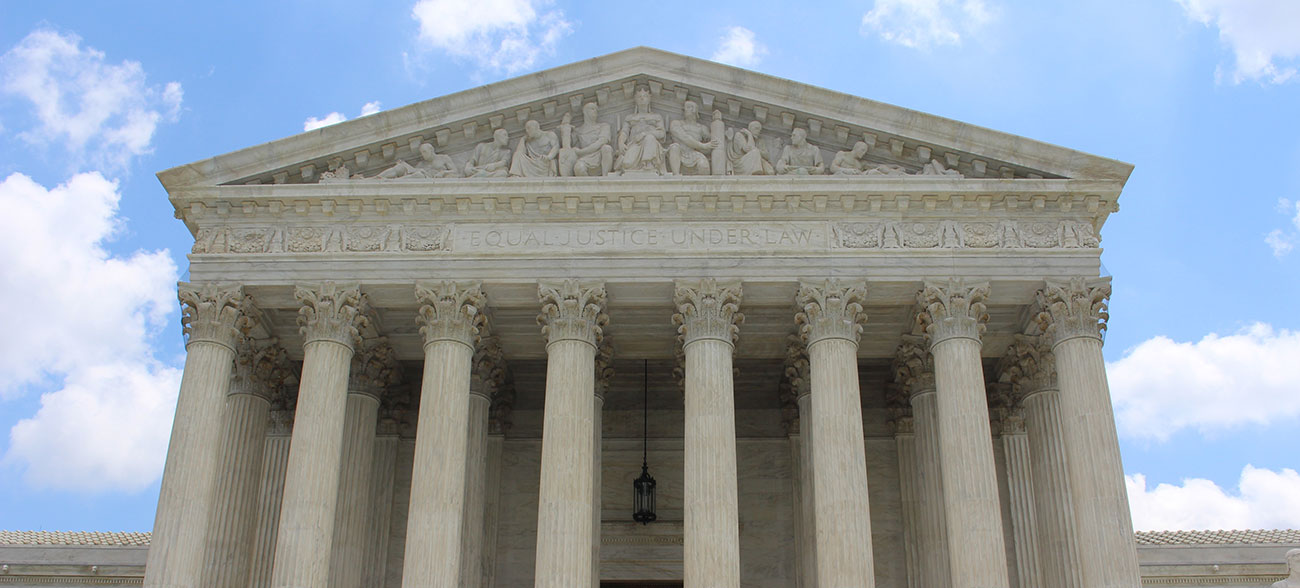
Selection of the optimal estate planning strategy is critical to ensure that the current and future goals of the Estate owner are met in a comprehensive, timely and cost-efficient manner. Nevada Trusts and Wills are among the most common estate planning tools used by individuals and families to safeguard and transfer wealth, as well as provide for heirs.
A Will is public record, available for the general public to see. A Trust offers privacy and simplicity. In Trust Administration, you assets and information about your assets is kept confidential.
One of the main advantages of a properly executed Trust vehicle is a minimization or avoidance of the lengthy probate process because all the issues regarding inheritance, taxes, debt, income and other issues are addressed in the Trust agreement documents. Additionally, as a result of specific state laws, Trusts are often more difficult to contest or challenge than Last Will and Testaments, making the wealth transfer process quicker and less expensive overall than using a Will.
A Trust may hold a portion or the entirety of an individual’s or family’s assets, and can be used in combination with other estate planning tools and solutions. Trusts are typically used when an estate has a higher net worth, or when multiple types of assets are intended to be distributed to different parties over time, or at the death of the Trust founder.

A few of the most common Trusts include: Charitable Trusts, Discretionary Trusts, Purpose Trusts, Incentive Trusts, Protective Trusts, Spendthrift Trusts, Special Needs Trusts, Nevada Asset Protection Trusts, and Interest in Possession Trusts.
We are accustomed to in-office, phone or online contact form inquiries, whichever you prefer.
You can find us in-office at:
2520 SAINT ROSE Parkway Suite 220
HENDERSON NV 89074-7785
Reach us by phone: 702-318-5033
Or by submitting the online contact form in the upper right corner of this web page. We will contact you to set up a specific appointment.
Upon your first visit you will be meeting with attorney Gregory S. Smith and/or James E. Shapiro. We ask that your spouse/partner be present at this first meeting. Your meeting may take forty-five (45) minutes to one (1) hour. When you are ready, your attorney will design your trust based on your needs and your desires for the Trust.
The drafting process typically takes two (2) weeks. Upon completion, you will meet with our Client Concierge to sign your trust or we will mail it to you. If you have any further questions, she will be your liaison to Greg Smith and/or James Shapiro and to the rest of the legal team. In the case of any specific questions for your attorney, the Client Concierge will relay Mr. Greg Smith’s counsel or set an appointment for you to speak with Mr. Smith directly.
Once the trust is signed, it is ready for asset transfers. You hold the responsibility to transfer assets to the trust. Our Client Concierge is here to help you with any specific questions about transferring assets into the trust.
When an asset is transferred into the trust, the asset needs to be recorded. You will work with our Client Concierge to record the assets in the trust. After providing our office with the necessary information we will be able to record the assets in the county where the assets are located.
A Last Will and Testament is the written legal document and declaration created by the Testator (the person creating the document – who owns the assets to be distributed). The Last Will and Testament is used to describe the last will or desires of the Testator and the distribution of their assets. A Last Will and Testament names an Executor, or person who will carry out the Will, within the document. As stated above, a Will is available for public viewing and its contents are not kept confidential.
A Last Will and Testament is more common in cases where the estate net worth is not as high, or when tax issues or State and Federal exemptions are more easily addressed. Additionally, a Last Will and Testament may have advantages when there is a lower probability of it being contested or challenged by heirs, creditors or others. However, unlike many Trusts, when a person dies, Testate (with a Will) or Intestate (No Will), the estate will be subject to the estate probate process of the relevant jurisdiction.
For both Trusts and Last Will and Testaments, the goals typically achieved are providing for heirs and wealth transfer. However, other provisions can be included to address Co-habitation Solutions, and both traditional and non-traditional living situations. Additional provisions may be included for traditional marriages, sibling or life companions, as well as LGBT relationships.

A Trust or Last Will and Testament can be deemed invalid by a court if the creation of the document does not meet certain legal requirements. A probate attorney can help you determine if you qualify to contest the validity of a loved one’s will. The grounds for contesting a Will are simple: the Testator ignored state laws and did not sign the document according to those laws, the Testator did not have the mental capacity to sign a Will, the Testator was forced or unduly influenced to sign the Will, or the Will was created by fraudulent means. Do not let creditors or disgruntled family members invalidate your Trust or Will. The best way to avoid Trust or Will contests is to ensure that an experienced probate and estate administration attorney is involved prior to the creation of the Trust or Will documents. A probate and estate administration attorney will make sure your documents hold up in court.
Additionally, the estate administration and probate lawyer will ensure that the Trust and/or Will be maintained and administered in accordance with its own provisions and in accordance with the applicable laws of the relevant jurisdiction(s) within which the founder and/or the estate assets are located.
Due to the wide variety of individual circumstances attendant to each estate, there is no “one size fits all” solution that is “best” in all, or even a plurality of estates. The size, nature, asset composition and type, family structure and history, corporate structures, tax incentives and exemptions, income, philanthropic and inheritance goals, and numerous other factors, must all be evaluated prior to making the decision on what type of Trust, Will or other documents should be created.
Consult with the professionals at Smith & Shapiro with regard to your estate planning needs prior to selection and implementation of an estate planning strategy. Attorney Gregory S. Smith can help you maximize the benefits of your estate both now and the future. Smith & Shapiro is open Monday – Friday, 8:00am – 5:00pm. Please call 702-318-5033 to schedule an appointment.
